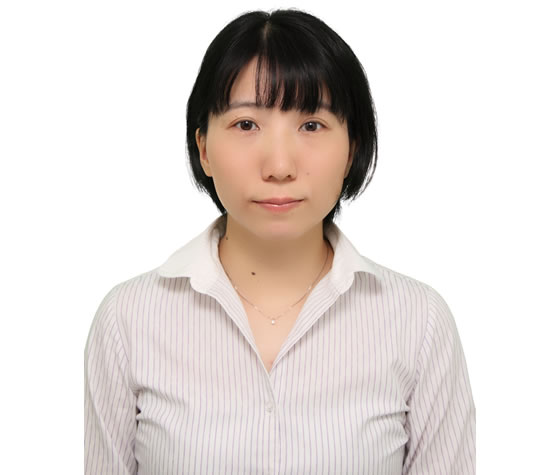Townsend Harris Connects New York and Japan
By Dr. Mariko Fukuoka

Dr. Mariko Fukuoka
As a historian, I have specialized in 19th-century Japanese diplomatic history focusing on the period from the 1850s to the 1870s, the age of radical transition known as the Meiji Restoration. The arrival of a US squadron lead by Commodore Matthew Calbraith Perry and the forced opening of the country in 1853–54 triggered a series of drastic internal changes which ultimately led to the collapse of the Tokugawa Shogunate — which lasted for 265 years — and to the establishment of the reformative Meiji government in 1868.
My approach to this exciting and well-investigated field of traditional Japanese historiography has been to implement a multilingual angle. Having acquired a good command of English and German before commencing my Ph.D. studies, I decided, in my dissertation, to focus on a little-known Prussian expedition which was sent to Japan in 1860–61 to conclude its own commercial treaty, which was modeled on the previous US-Japan agreement negotiated by Townsend Harris in 1858. The Ph.D. thesis, which I completed in 2011 under the title The Prussian East-Asian Expedition and the Japanese Diplomacy in the Late Edo Era, was awarded the Nambara Shigeru Publication Prize, which is given annually to the most outstanding doctoral thesis in humanities and social sciences of the University of Tokyo, and was published by the University of Tokyo Press in 2013.
Working since 2014 as an associate professor at the National Museum of Japanese History, I have begun working on my next research project which aims to write a biography on the above-mentioned Harris, who played a key role in the history of Japan’s opening. He was a New York merchant who was sent to Japan in 1856 as the U.S. Consul General, entrusted with a mission to replace Perry’s treaty with a real commercial treaty. He succeeded in this endeavor in 1858, signing the treaty of free trade with the shogunate, which became the model for treaties later signed between Japan and the West. By 1862, Harris was deeply involved in the radical transition of the country, from a state of seclusion to a society incorporated into world trade and diplomacy.
This is why I am now conducting research at the City College of New York from June to December 2018, where a number of handwritten letters of Harris are preserved. An analysis and evaluation of these documents along with many additional Harris-related sources preserved in Japan form the foundation of a more accurate biography on him. I also aim to incorporate other Western sources from the British, German, and Dutch, as I did in my first book in order to reconstruct the multinational diplomacy of that period in Japan.
Harris acted as the founder of the Free Academy of New York (today’s CCNY) in the 1840s. Thus, it will be another important task to assess its revolutionary meaning in the educational history of New York. How to integrate these different elements to a consistent life history of a unique American diplomat will be my mission for the coming years.
Though the book is going to be published first from the Japanese publisher Minerva Shobo, I aim to publish it in the English language. By doing this, I hope to build a bridge between Japanese and English-language historiography, like Townsend Harris did between Japanese and Western diplomacy in the 19th century. #
Dr. Mariko Fukuoka, visiting researcher at CCNY, is an associate professor at the National Museum of Japanese History.
